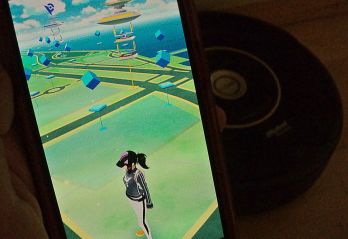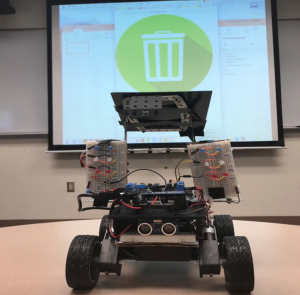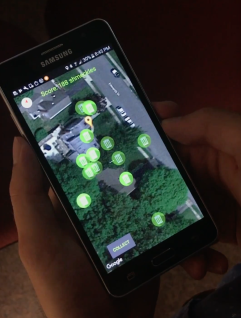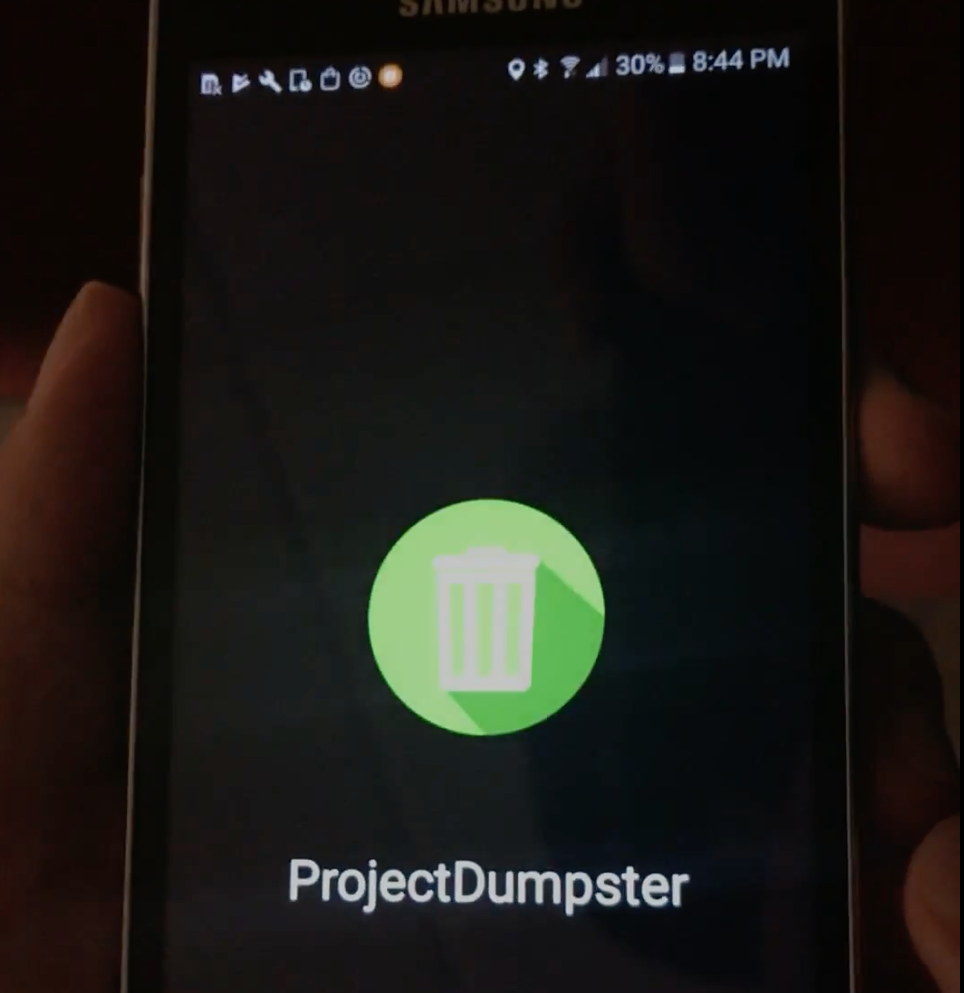https://www.youtube.com/watch?v=la1JDVt3khk&t=35s
Pokémon GO lasted a short amount of time as an iPhone application fad that encouraged pretty mindless activity when it came to collecting objects that were not necessarily worth anything. Now, a different app challenges Pokémon GO’s aesthetics with something a little bit more rewarding and environmentally safe.
Project Dumpster 1.01 aims at tackling pollution head on by incentivizing those who play it with points for collecting trash that they pick up. It is an augmented reality game using gamification techniques to enhance what would otherwise be a dull experience by incorporating rewards and competition modes.
The app was created by Sean Connolly, a computer science major at Northeastern University, who saw the app created for the Pokemon franchise and thought that it could possibly be much more meaningful and entertaining.

“The idea of Project Dumpster 1.01 evolved immensely from a base idea of an autonomous rover that scolded people for littering,” Connolly said. “After many ‘wouldn’t it be cool if we did X instead of Y?’ the Project Dumpster team started thinking about the possibility of making a socially beneficial clean up game.”
Believing that the Project Dumpster app had a chance of succeeding, Connolly decided to participate in the Intel Hackathon only a month before the submission deadline. “Other teams have had twice the amount of time that we did to finish their projects, so Conor Boston and I began this project basically the day I returned from a summer session at Northeastern.”
Boston, an aerospace engineer from Pennsylvania State University, had a large part in creating the Project Dumpster app, as well as the Arduino service bot, which assisted in dropping pins on a Google map supported by the mobile application. Boston designed and connected the Arduino micro controllers, the Android phone, batteries, a solar panel and all of the smaller components such as the LEDs and ultrasonic sensor.
“It was awesome to work on something completely new to me and I think it definitely improved my skills in electronics and problem solving,” Boston said. “I hope that I can use these skills to do small projects around the house, like automatically turning on and off lights and watering the garden.”

Of course, Connolly and Boston were not without their hardships. The short amount of time they had to design the Arduino, as well as the mobile app, often left them burnt out.
“Since I have never really worked with hardware before, I was a ‘noob’ when it came to the microcontroller,” Connolly said. “However, it was easy enough to learn and now I’d like to work with hardware more.”
The app itself has a beta version that has be tested by Michael Vital, a civil engineering major from Pennsylvania State University. Vital is very interested in service projects and minimizing global warming as well, which drew him to this project in particular.
“Minimizing global warming is something that everyone should be solemnly aware of,” Vital said. “Doing little things such as recycling, car pooling and picking up pieces of discarded litter can make a substantial difference for the environment if everyone contributes.”
Because of his beliefs, Vital thinks that Project Dumpster 1.01 has a good chance of succeeding because of its wholesome benefits.

“The concept of players trying to find and clean up trash in order to gain points not only creates an enjoyable game but also makes a unique way for people to become more environmentally friendly,” Vital said. “This app would help children who tend to be using technology too much get outside for a change.”
Connolly and Boston hope that Vital’s reaction is how the general public will feel and that they can further pursue attempts to develop the application if Project Dumpster 1.01 does win the Hackathon competition.
“Goals beyond winning at Hackathon are developing online competitive mode, partner with socially conscious companies for in-game points exchange for coupons or other deals to encourage further participation in the game,” Connolly said.
“I hope that people will not only embrace the app’s goal of encouraging good stewardship of the environment, but also that they will be inspired to bring their own imagination to life through electronics like Arduino,” Boston said.
The application is now available on the Google Play store for download.



